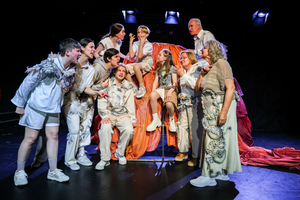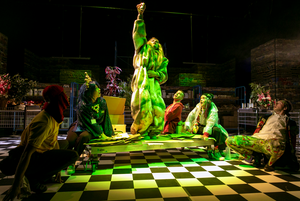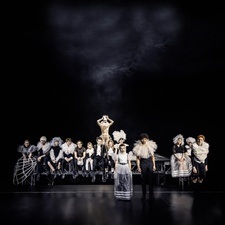die unverheiratete
In the organizer's words:
by Ewald Palmetshofer - Premiere on May 4, 2024 - Schauspielhaus, Kleines Haus - Schauspiel
A young woman is very upset in April 1945. A military patrol is called. 70 years later. The young woman is now an old woman. Her daughter finds her on the floor in the kitchen. She has fallen. She is very upset. An ambulance is called. And the doctors and nurses are meeting in the hospital, and 70 years ago there was a military court martial and a year later a people's court. And a young woman is taken away. "Not unattractive," write the newspapers, "but unrepentant." - And while the daughter brings flowers to her father's grave, the young granddaughter collects the men like butterflies or stamps, the public prosecutor collects statement after statement, the people gather to sit in judgment, apples are picked from the ground in the field and the judge reads out his verdict. And a daughter mourns her father and a strange father mourns his son.
Between past and present, between prison and court, kitchen, bed and hospital, Ewald Palmetshofer's drama uses highly artificial and rhythmic language to examine the lives of three women. It is a polymorphous remembrance, a trial, a legal judgment and tells of the hopeless entanglement of three generations.













